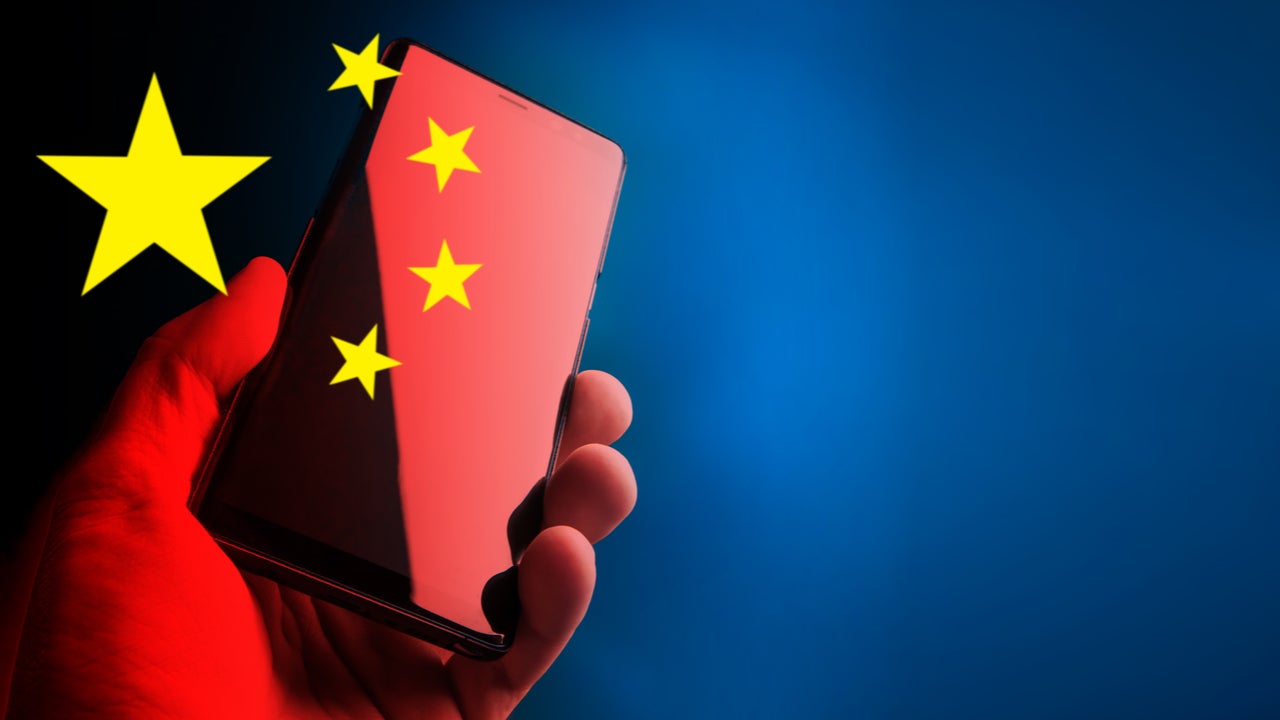
Honor, the smartphone maker recently hived off from Chinese giant Huawei, is apparently unconcerned that it might be blacklisted by the US government like its parent company – despite the fact that Honor is now directly owned and controlled by the Chinese state. Honor is pressing ahead with plans to build new phones using chips from Qualcomm and software from Google, which Huawei is not permitted to do.
At the Qualcomm Technology and Cooperation Summit on Friday, Honor CEO George Zhao gave a speech in which he confirmed that the new Honor 50 and Magic series are to be built using Qualcomm’s Snapdragon 778G silicon. Separately, Honor Germany replied to a user on Twitter confirming that upcoming phones will have Google’s Android OS pre-installed. However, that tweet was deleted soon after.
Chinese networking giant Huawei was placed on the US Entity List in 2019, which meant that US companies like Qualcomm and Google were no longer permitted to supply it with technology: a more or less crippling obstacle for a smartphone maker today, though China is making strenuous efforts to increase its domestic supplier base. Last year Huawei sold its smartphone making operation, branded Honor, to a company named Shenzhen Zhixin New Information Technology. As Shenzhen Zhixin is not on the US Entity List, Honor is now legally permitted to buy from US suppliers.
A closer look, however, shows that Shenzhen Zhixin New Information Technology is controlled by the state-owned Shenzhen Assets Supervision and Administration Commission (SASAC): in other words it is controlled by the People’s Republic of China. Chinese state control has been one of the main criticisms levelled against Huawei, resulting in its exclusion from many nations’ 5G rollouts.
Honor’s break away from Huawei
On November 17, 2020, Shenzhen Zhixin and Huawei released a joint statement confirming the transaction. Honor’s new parent company was co-founded by Shenzhen Smart City Technology Development Group and over 30 agents and dealers of the Honor brand.
Huawei said that the sale was necessary to save the brand and insisted that it would not have any control of the new group.
“Once the sale is complete, Huawei will not hold any shares or be involved in any business management or decision-making activities in the new Honor company,” it said in a statement.
According to Aiqicha, a Chinese company database owned by Baidu, Shenzhen Zhixin New Information Technology’s shares are split among five shareholders. The first three are Shenzhen State-owned Collaborative Development Private Equity Fund Partnership, Shenzhen Xingmeng Information Technology Partnership and Shenzhen Chunya United Technology Partnership. These funds are backed by a mix of public and private shareholders. Their combined stake in Shenzhen Zhixin New Information Technology amounts to approximately two per cent.
The vast majority of shares are held by Shenzhen Smart City Technology Development Group. Founded in 2018, this asset management company is wholly owned by the SASAC, a state-owned assets authority set up by Shenzhen’s district government.
The final shareholder is Kunpeng Capital, established in 2016; this strategic fund management platform was backed by the Shenzhen Municipal Party Committee and the Municipal Government. The aforementioned SASAC currently has a 75 per cent stake in Kunpeng Capital.
In summary, the state-run SASAC is the majority owner of Honor and controls the company completely.
Qualcomm, asked this week if it had any concerns over Chinese state control of Honor, showed no concern regarding this shareholder structure and told Verdict that “we expect Honor to be a significant customer going forward and are excited about the opportunities ahead.”
Huawei and the US Entity List
The US Commerce Department’s Bureau of Industry and Security (BIS), which placed Honor’s parent firm Huawei on the Entity List in 2019, states that Huawei (along with 46 non-US affiliates of Huawei) “pose a significant risk of involvement in activities contrary to the national security or foreign policy interests of the United States.”
When the Entity List was revised in 2020, US Commerce Secretary Wilbur Ross was quoted as saying that “Huawei and its foreign affiliates have extended their efforts to obtain advanced semiconductors developed or produced from US software and technology in order to fulfil the policy objectives of the Chinese Communist Party.”
“As we have restricted its access to US technology, Huawei and its affiliates have worked through third parties to harness US technology in a manner that undermines US national security and foreign policy interests. This multi-pronged action demonstrates our continuing commitment to impede Huawei’s ability to do so,” he added.
Verdict asked the BIS whether it was possible that Honor, now separated from Huawei but nonetheless firmly under Chinese state control, might at some point be placed on the Entity List.
The BIS responded:
“This company is not currently on the Entity List. We cannot comment on internal policy deliberations but continue to assess additions or modifications to the Entity List based on the national security and foreign policy interests of the United States.”







